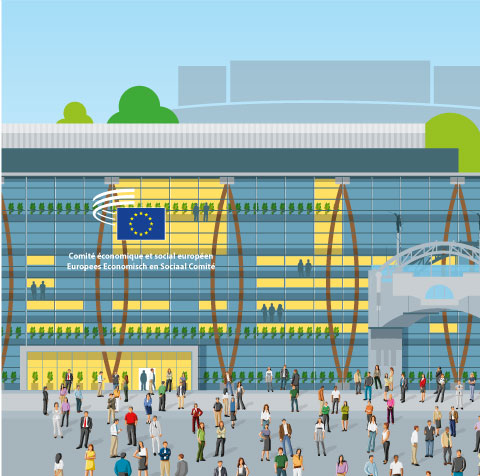
As a citizen of the European Union, you are quite literally not alone. There are more than 450 million people like you. Nor are you alone when it comes to getting government and civil society support for making your voice heard. Among the many resources available, we recommend the following transnational support, guidance and media across Europe.






